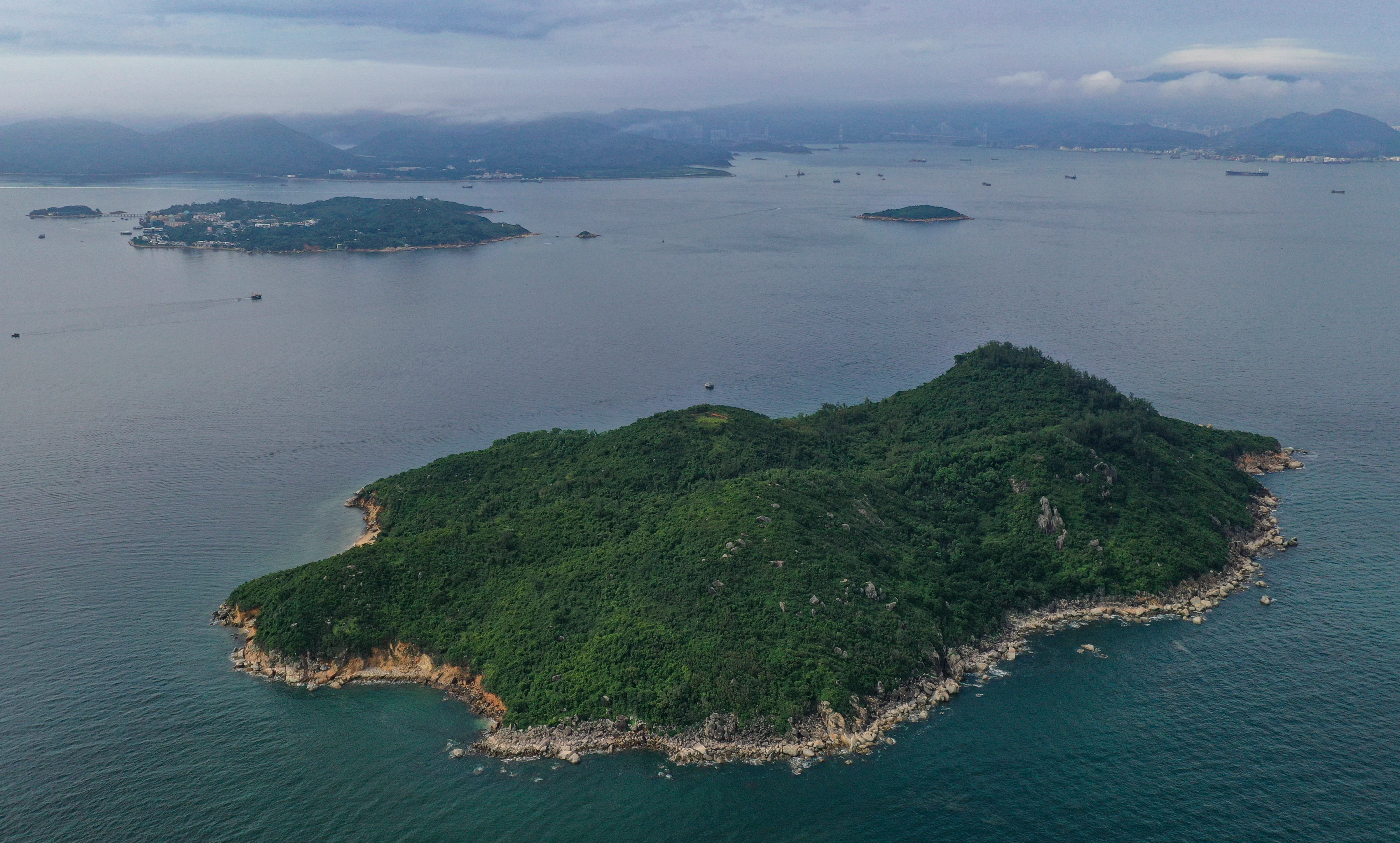By Edith Lin
Copyright scmp

Hong Kong authorities have shelved a controversial reclamation project to build three artificial islands in the sea off Lantau, with the development minister saying the government does not have the “necessary conditions” to start.
Secretary for Development Bernadette Linn Hon-ho made it clear for the first time on Wednesday that the current administration would not begin the HK$580 billion (US$74.6 billion) project in the waters off Kau Yi Chau, as it was a lower priority than the Northern Metropolis mega development along the city’s border with China.
“The government has not yet formulated a timetable for the implementation of the Kau Yi Chau project. In fact, we do not have the necessary conditions for the reclamation project to be carried out within this term of government,” she said in a written reply to engineering sector lawmaker Lo Wai-kwok.
The 1,000-hectare (2,471 acres) reclamation project, first floated more than a decade ago and also known as the Lantau Tomorrow Vision, was conceived as the city’s third central business district, with up to 210,000 homes for 550,000 residents.
Last December, the Civil Engineering and Development Department submitted the project’s environmental impact assessment (EIA) report to environmental authorities, who notified the department in February that the document was suitable for public inspection. But the report has not been uploaded to the relevant website.
Linn said that the Development Bureau considered it “inappropriate” to proceed with the public inspection and other statutory procedures under the EIA regime, including seeking views from advisers and approval from the authorities, given that the project had been delayed without a specific timetable.
“Proceeding with the above procedures without a target reclamation timetable could hinder focused discussion and arouse public concerns about the relevance of the approval results after a period of time,” she said.
“To avoid unnecessary public speculation and debate on the Kau Yi Chau project, we recommend adopting a more prudent arrangement. This involves waiting until the implementation timetable for the reclamation works is mostly ascertained and the EIA Report is updated as needed before [submission].”
But Linn stressed that the reclamation project was a source of the city’s long-term land supply, while its ongoing studies would remain applicable and have significant reference value to expedite the project when conditions permit.
She said the government would continue to complete the ongoing studies, including ground investigations, preliminary designs of reclamation and major transport infrastructure and technical assessments related to land development.
Linn noted that further studies, especially on detailed engineering designs, would be required before progressing to the reclamation phase.
The reclamation works have been delayed several times, with Linn declining in January to specify a start date.
After taking office in 2022, the administration had planned to start work in 2025, but that was postponed last October to 2027.
The artificial island project became a lower priority after Financial Secretary Paul Chan Mo-po hinted last February that it would be delayed so the government could focus on the Northern Metropolis.
In February this year, Chan said it would focus on fully implementing the Northern Metropolise, which aims to turn 30,000 hectares of land close to the border with mainland China into a new economic and residential hub.
Louis Loong Hon-biu, a lawmaker and secretary general of the Real Estate Developers Association, urged the government in June to halt the reclamation proposal immediately, or it might drive down bidding prices for land in the Northern Metropolis.
On Wednesday, Loong said the government’s latest remarks could further boost developers’ confidence in the Northern Metropolis.
“A discerning person can see that the incumbent administration will not proceed with the Kau Yi Chau reclamation project under the current market. [Linn’s latest remarks] have made a clear impression,” he said.
Loong added that the government still has work to do to boost incentives for developers, to encourage them to bid for land at a higher price.
Additional reporting by Willa Wu



